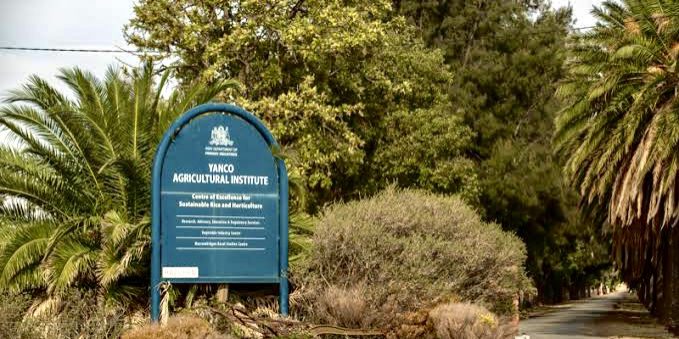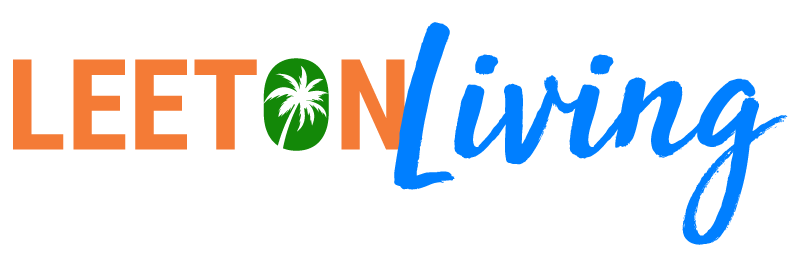
Yanco Agricultural Institute, a NSW DPI Centre of Excellence, strives to provide targeted research, development and education to support the sustainability and profitability of crop production in southern New South Wales. The Institute is located between Leeton and Narrandera in the Murrumbidgee Irrigation Area. Comprised of over 813 hectares of dryland farming country and mixed irrigation, the Institute focuses on research on the efficient and sustainable production of crops including rice, cotton, citrus, cereals, canola, soybean and pulses.
Research is concentrated on crops grown under irrigation. Citrus and entomology trials are conducted at the Institute, with the citrus groves there used for pest ecology studies. Rice breeding and agronomy take place at both Yanco and Leeton Field station, a separate 242 hectare irrigation property located 7 km west of the Institute. Leeton Field Station is also used for cotton trials and crop rotation experiments involving a range of winter and summer crops. Hazelnuts are also grown at Yanco. A dedicated Managed Environment Facility provides research services to scientists from a number of organisations working on the development of drought tolerance in wheat.
Tocal College, Yanco Campus (formerly known as the Murrumbidgee Rural Studies Centre), is part of the Yanco Agricultural Institute. CB Alexander Campus, Tocal College’s northern campus is part of Tocal Agricultural Centre situated at Paterson. The College has offered producers the opportunity to engage in short courses since 1986, and offers accredited training.
The Institute has a wide range of soil types from grey self-mulching clays to light sandy soils. Irrigation requirements are supplied from the Burrinjuck and Blowering dams via the Murrumbidgee river and an extensive canal system.
